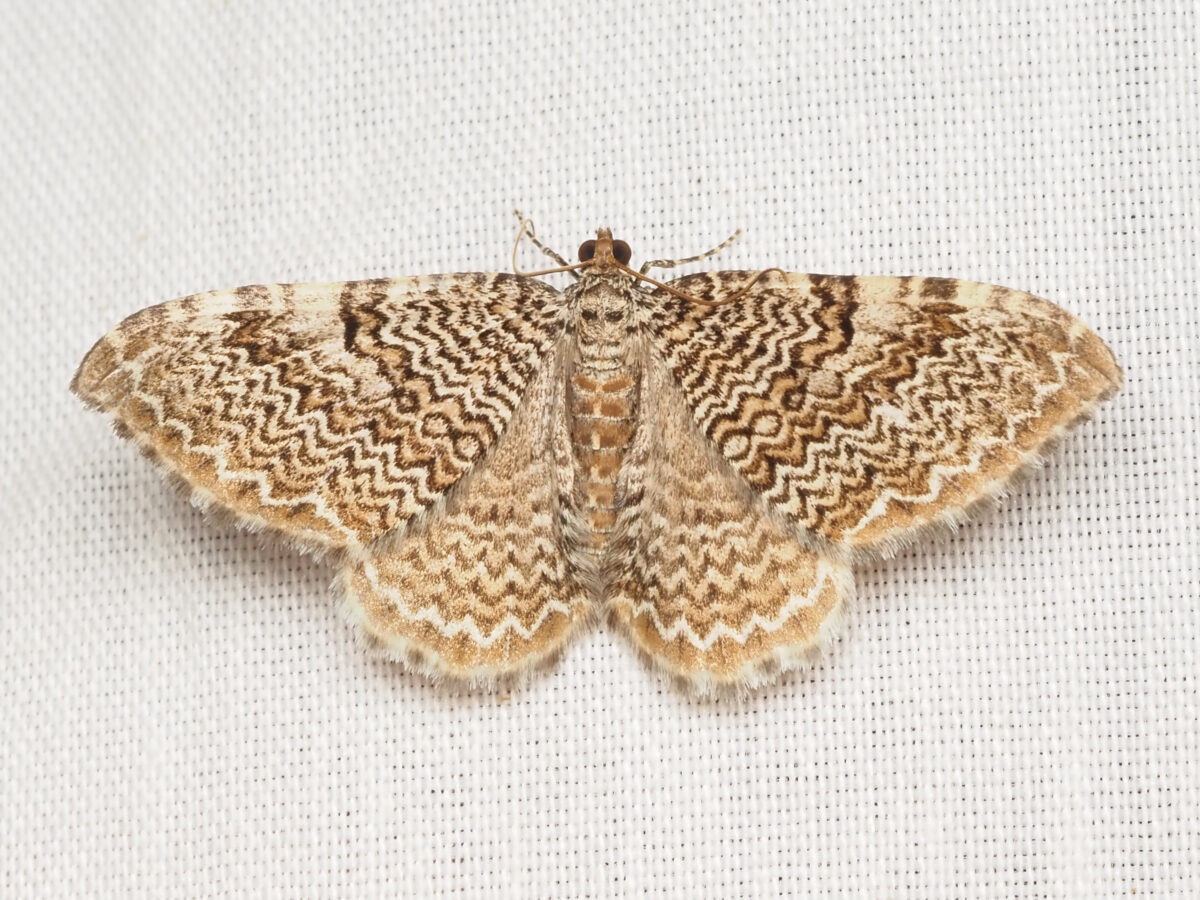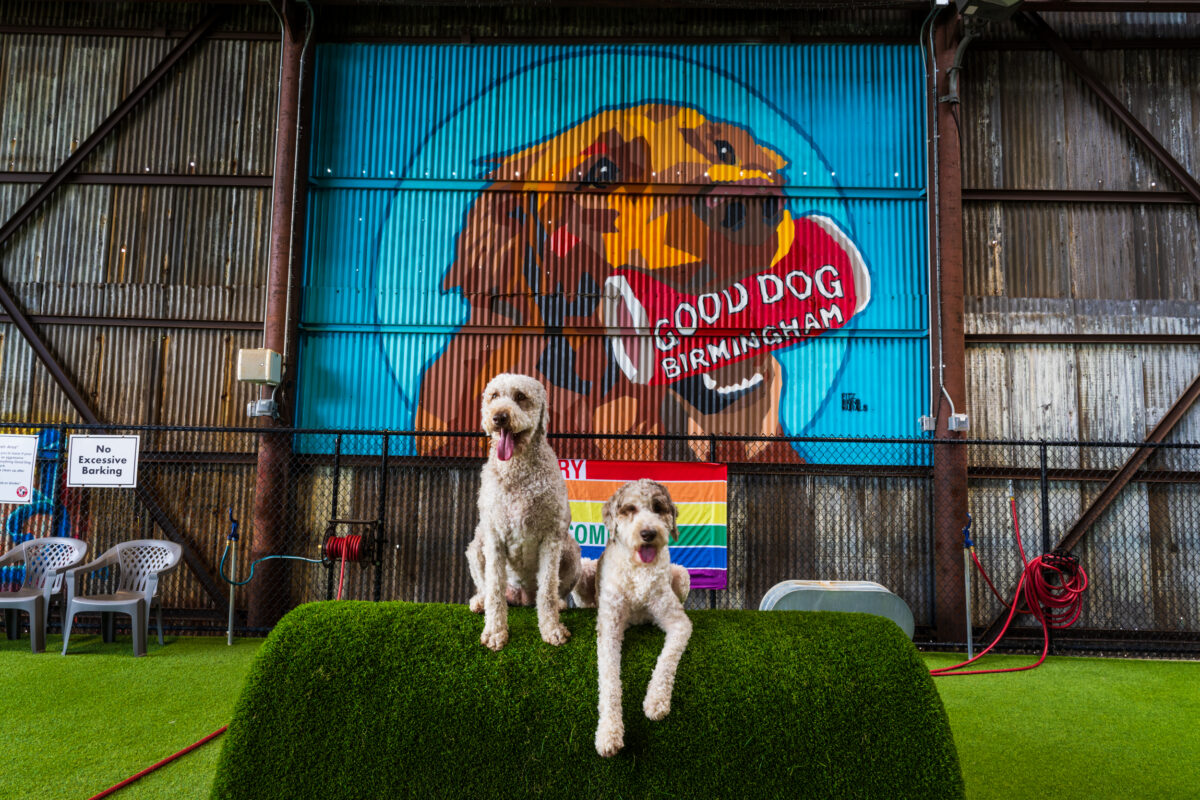It’s official: dogs are at risk for COVID. Here’s what you should know
Reading time: 4 minutes

Just when you think 2020 might be slowing down with the curveballs, you find out even our fur babies aren’t immune to the pandemic. We caught up with a Birmingham vet and found out what you need to know when it comes to protecting your pup. Check it out!
Wait—dogs can get COVID?

Sadly, yes. The first dog in the U.S. tested positive in May. Buddy, a German Shepard from Staten Island, was diagnosed with SARS-CoV-2, the coronavirus that causes COVID-19.
You can read more about Buddy’s story here, covered by National Geographic. Fair warning, though: it’s a heartbreaking read. Have tissues on hand.
Buddy isn’t the only pup who’s tested positive. Dogs (and cats) can contract COVID-19. It’s not one of the crazy Facebook rumors—it’s been confirmed by institutions like the CDC and Mayo Clinic.
“Until we learn more about how this virus affects animals, treat pets as you would other human family members to protect them from a possible infection.”
CDC
What does that mean, though? We dug deeper with some help from the Birmingham animal experts at Nall Daniels Animal Hosptial.
Should we be washing paws?

Just like we humans are masking up to slow the spread and protect those around us, there are some measures you can take to protect the furrier members of your family.
Here’s what the CDC recommends:
- Keep cats indoors when possible and do not let them roam freely outside.
- Walk dogs on a leash at least 6 feet away from others.
- Avoid public places where a large number of people gather.
- Do not put face coverings on pets. Covering a pet’s face could harm them.
That being said, don’t forget that they’re still animals. Just like they shouldn’t be wearing face coverings, they shouldn’t be exposed to products that aren’t safe for animals.
“There is no evidence that the virus can spread to people from the skin, fur, or hair of pets. Do not wipe or bathe your pet with chemical disinfectants, alcohol, hydrogen peroxide, or any other products not approved for animal use.”
CDC
If you or a human in your home tests positive for COVID-19, Mayo Clinic recommends these measures:
- Isolate yourself from everyone else, including your pet. If possible, have another person in your household care for your pet.
- Avoid petting, snuggling, being kissed or licked, and sharing food or bedding with your pet.
- If you care for your pet or are around animals while you’re sick, wear a cloth face covering. Wash your hands before and after handling animals and their food, waste and supplies. Also, make sure you clean up after your pet.
How to Recognize + Respond

In June, Mayo Clinic published an article that included this bit of positivity:
“If your pet becomes ill, there’s reason to be hopeful. Of the small number of dogs and cats confirmed to have the virus that causes COVID-19, some didn’t show any signs of illness. The pets that did become ill only experienced mild symptoms and could be cared for at home.”
According to the National Geographic story, some cases may be more extreme than others, especially if your pup already has any health issues.
There’s still so much we don’t know about COVID-19 in humans, and our knowledge of how it affects pets is even more limited. Symptoms may include shortness of breath or lethargy, but the main indicator that your dog may have COVID is if they’ve interacted with a human who does.
If you or someone in your home has tested positive and your pup starts exhibiting any abnormal behavior, contact your veterinarian. Need a recommendation? Check out Nall Daniels Animal Hospital in Homewood.
- Request an Appointment
- Address: 2829 Central Ave, Birmingham
- Phone: (205) 879-3409
- Website



